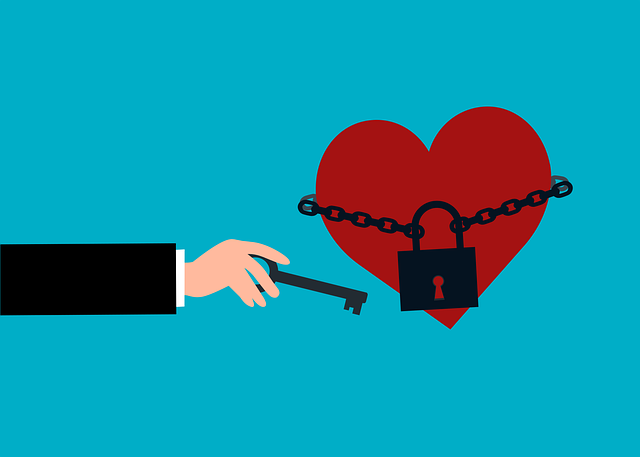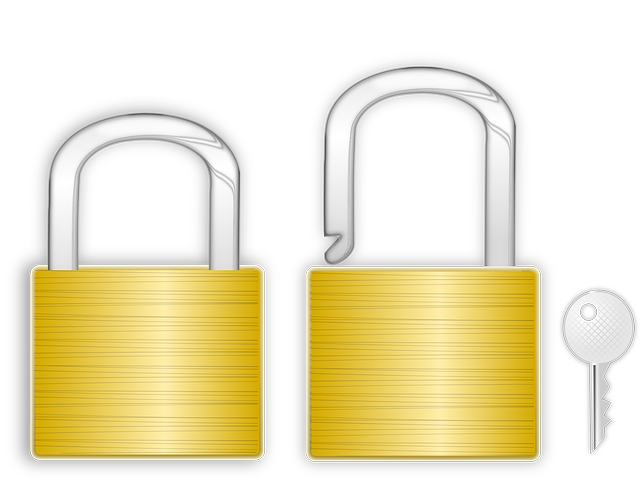Unlocking the Potential of Crypto Wallets: A Comprehensive Guide
Author: Jameson Richman Expert
Published On: 2025-03-29
Prepared by Jameson Richman and our team of experts with over a decade of experience in cryptocurrency and digital asset analysis. Learn more about us.
In the rapidly evolving world of cryptocurrency, understanding the importance of crypto wallets is essential for anyone looking to invest or engage with digital currencies. This comprehensive guide will explore the various types of crypto wallets, their functionalities, and how to choose the right one for your needs. With the right knowledge, you can secure your assets and navigate the crypto landscape with confidence.

What is a Crypto Wallet?
A crypto wallet is a digital tool that allows users to store and manage their cryptocurrencies. Unlike traditional wallets that hold physical currency, crypto wallets store your public and private keys, enabling you to send and receive digital assets. They come in various forms, including hardware wallets, software wallets, and paper wallets, each offering different levels of security and convenience.
Types of Crypto Wallets
1. Hardware Wallets
Hardware wallets are physical devices designed to securely store your cryptocurrency offline. They are considered one of the safest options for long-term storage, as they are less vulnerable to hacking. Popular hardware wallets include Ledger Nano S, Trezor, and KeepKey. These wallets allow you to manage your assets without exposing your private keys to the internet.
2. Software Wallets
Software wallets are applications or software programs that can be installed on your computer or mobile device. They come in two main types: desktop wallets and mobile wallets. Desktop wallets, like Exodus and Electrum, offer more security than mobile wallets, while mobile wallets, such as Trust Wallet and Mycelium, provide convenience for everyday transactions.
3. Web Wallets
Web wallets are online services that allow you to access your cryptocurrencies through a web browser. While they are convenient for quick transactions, they are less secure than hardware and software wallets. Examples of web wallets include Coinbase and Binance. It is crucial to choose a reputable provider to minimize risks.
4. Paper Wallets
A paper wallet is a physical document that contains your public and private keys. It is generated offline and can be printed out, making it a secure way to store your cryptocurrencies. However, paper wallets require careful handling, as losing or damaging the document can result in the loss of your assets.
How to Choose the Right Crypto Wallet
When selecting a crypto wallet, consider the following factors:
- Security: Look for wallets that offer strong security features, such as two-factor authentication and encryption.
- Control: Choose a wallet that gives you full control over your private keys.
- Compatibility: Ensure the wallet supports the cryptocurrencies you plan to use.
- User Experience: Opt for a wallet with an intuitive interface, especially if you are a beginner.
- Backup and Recovery: Check if the wallet provides options for backup and recovery in case of loss.

Setting Up Your Crypto Wallet
Once you have chosen a wallet, setting it up is usually straightforward. Here’s a general process:
- Download and install the wallet software or purchase a hardware wallet.
- Create a new wallet and follow the prompts to generate your private and public keys.
- Backup your wallet by writing down your recovery phrase or seed phrase.
- Secure your wallet with a strong password and enable two-factor authentication if available.
Storing and Managing Your Cryptocurrencies
After setting up your wallet, you can start storing and managing your cryptocurrencies. Here are some tips:
- Regularly Update: Keep your wallet software up to date to protect against vulnerabilities.
- Use Multiple Wallets: Consider using different wallets for different purposes (e.g., long-term storage vs. daily transactions).
- Monitor Transactions: Regularly check your wallet for unauthorized transactions.
Best Practices for Crypto Wallet Security
To ensure the safety of your cryptocurrencies, follow these best practices:
- Never Share Your Private Keys: Your private keys are the gateway to your assets; keep them confidential.
- Use Strong Passwords: Create complex passwords and change them regularly.
- Enable Two-Factor Authentication: This adds an extra layer of security to your wallet.
- Be Wary of Phishing Scams: Always verify the authenticity of websites and emails before entering sensitive information.

Popular Crypto Wallets to Consider
Here are some of the most popular crypto wallets available today:
- Ledger Nano X: A leading hardware wallet known for its security and Bluetooth connectivity.
- Trezor Model T: Another reputable hardware wallet with a touchscreen interface.
- Exodus: A user-friendly software wallet that supports multiple cryptocurrencies.
- Coinbase Wallet: A web wallet that integrates with the Coinbase exchange, making it easy to buy and sell crypto.
Conclusion
Understanding crypto wallets is crucial for anyone looking to invest in cryptocurrencies. By choosing the right wallet and following best security practices, you can protect your digital assets and navigate the crypto landscape with confidence. Whether you opt for a hardware wallet for long-term storage or a software wallet for daily transactions, the key is to stay informed and proactive about your security.
Where to Get Started
If you're ready to dive into the world of cryptocurrencies, consider signing up for a reputable exchange that offers wallet services. Here are some links to popular exchanges where you can create an account and start your crypto journey: